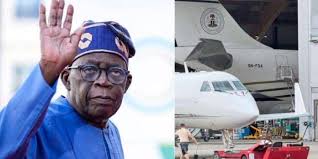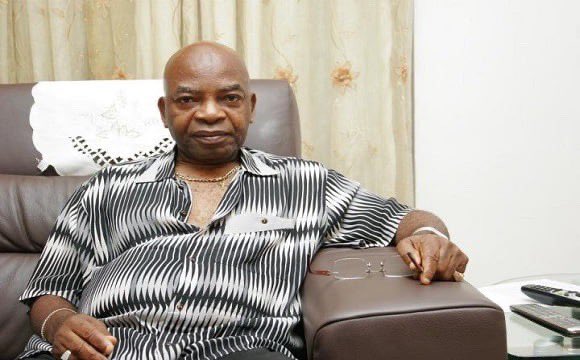The Federal Government has officially dropped plans for a national carrier.
Instead, it is now focusing on strengthening domestic airlines through supportive policies and better infrastructure.
This announcement was made by the Minister of Aviation and Aerospace Development, Mr Festus Keyamo, on Friday in Lagos.
He spoke during the unveiling of 100 Years of Civil Aviation in Nigeria: History, Issues and Prospects, a book written by New Telegraph’s Aviation Editor, Mr Wole Shadare.
Keyamo noted that the administration of President Bola Tinubu is now prioritizing local airline operators.

He explained that updated policies have been introduced to address key industry issues, especially around aircraft insurance and affordability for passengers.
“We have shifted focus to ensure growth and development for local operators through our policies,” he said.
Moreover, the Minister pointed out that revised regulations on aircraft leasing and insurance are expected to ease the entry of new aircraft.
This would, in turn, help reduce domestic airfares and make air travel more accessible to Nigerians.
He added that the government had trained and retrained air traffic operators while blocking loopholes that previously caused revenue losses.
“Almost all foreign airlines have now started using local caterers for in-flight services,” he disclosed.
Meanwhile, Keyamo also addressed the pressing need to modernize infrastructure, particularly at Murtala Muhammed International Airport.
He revealed that the old terminal would be demolished and replaced with a new structure.
According to him, the current terminal has become outdated and needs urgent attention.
In addition, the Managing Director of the Federal Airports Authority of Nigeria (FAAN), Mrs Olubunmi Kuku, emphasized Nigeria’s aviation growth.
She highlighted the number of certified airlines and licensed pilots currently operating in the country.
“The private sector introduced fresh capital, modern management practices, and competition.
Companies such as Air Peace and Arik Air not only filled the void but revolutionised our aviation landscape,” she said.
Kuku further shared that Nigeria currently has 39 certified airline operators, 31 airports, and over 2,100 licensed pilots.
She stated that air transport contributed about \$1.7 billion to the country’s GDP, with over 16 million domestic and 3.5 million international passengers recorded last year.
“Nigeria stands as a testament to market-driven solutions.
Our aviation sector now contributes approximately \$1.7 billion to GDP,” Kuku reiterated.
“Private airlines connect our cities efficiently, and international carriers increasingly view Nigeria as a critical market.”
Despite the growth, she acknowledged that challenges remain.
These include aging infrastructure, regulatory delays, and the need for better funding models.
The event also featured remarks from the book’s author, Mr Wole Shadare.

He explained that the 25-chapter volume offers a detailed account of Nigeria’s aviation journey.
According to him, “The book will serve as a resource for those wanting to understand the past and future of aviation in Nigeria.”
“This shift from launching a national carrier to focusing on local airlines was described by industry observers as a much-needed approach to aviation modernization and sustainability in the Nigeria aviation sector.”
“Private airlines now play a leading role in the Nigeria aviation sector, contributing heavily to economic growth and regional connectivity.”













